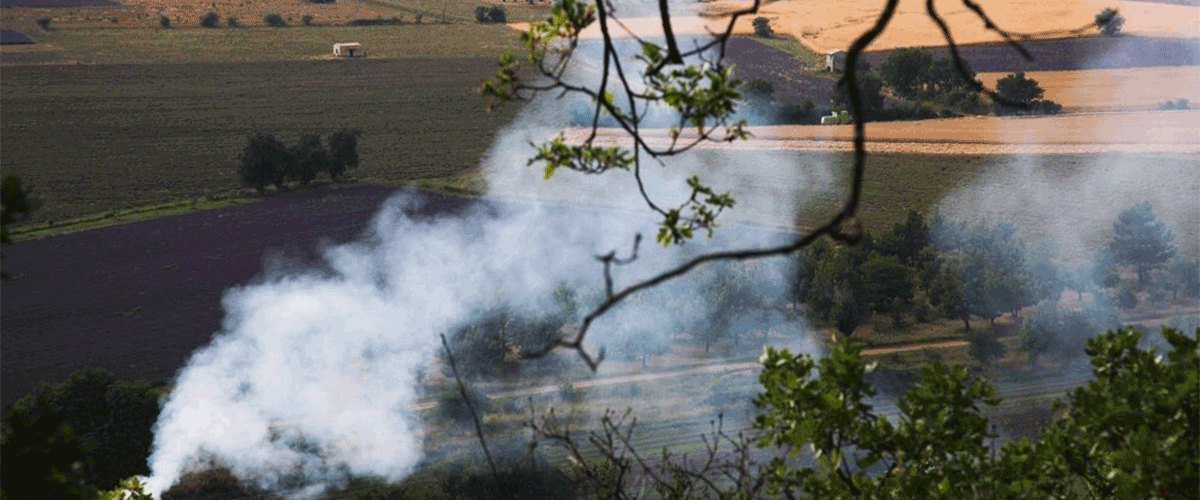(An Autonomous Body Recognized by Ministry of Commerce & Industry, Government of India)
Competency based placement focussed Education | Training | Research | Consultancy

PFAS Contamination in Chapel Hill Well Raises Concerns Over Biosolids Use
Bob Meeker’s family discovered elevated levels of PFAS — toxic “forever chemicals” — in their private well in northwestern Chapel Hill, prompting expensive filtration upgrades. The well is near farmland where treated sewage sludge, or biosolids, from the Mason Farm Wastewater Treatment Plant was applied for decades under state permits. PFAS, used since the 1940s in products like nonstick cookware and firefighting foam, persist in the environment and are linked to cancer, thyroid issues, and immune dysfunction.
The Orange Water and Sewer Authority (OWASA) began testing biosolids for PFAS in 2022 and recently found six PFAS compounds in dewatered samples. While OWASA says applications follow all regulations and avoid Cane Creek Reservoir’s watershed, nearby fields were included until recently. State regulators are studying PFAS contamination sources and developing new groundwater and surface water rules to safeguard drinking water, as calls grow for tighter oversight of biosolids use.
15-09-2025
📰 Recent News
- Global Seafood Trade Spreads ‘Forever Chemicals’ Beyond Pollution Hotspots
- Former Officials Warn of Unprecedented Rollback at US Environmental Agency
- US Policy Shift Intensifies Bayer’s Roundup Legal Battle
- European Parliament requests EFSA review on microplastics in food, water, and air
- Study Links PFAS-Contaminated Water to Severe Infant Health Risks
- Washington Program Targets Safe Disposal of PFAS Firefighting Foam
- EU Pesticide Review Proposal Sparks Backlash from Environmental Groups
- Nature Sustainability Showcases Safer Bisphenol Design Approach
- Chemical Pollution Linked to Rising Men’s Health Risks in Europe, Report Warns
- Trump Administration Blocks Key U.N. Environmental Recommendations
